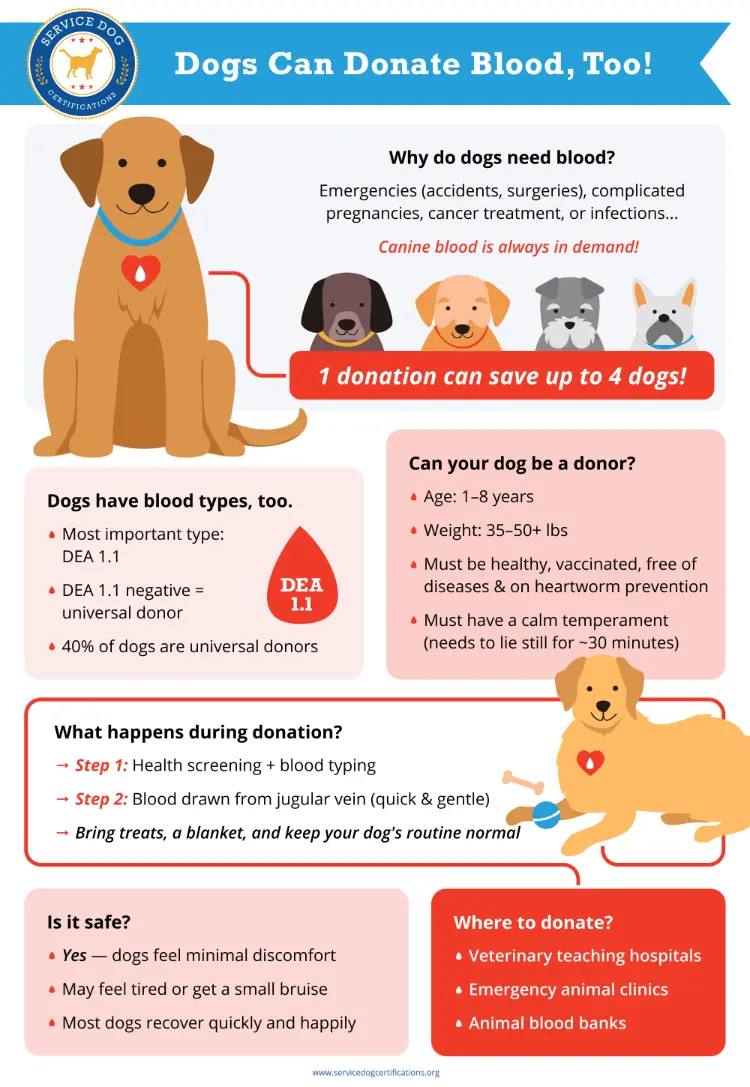Dogs Can Donate Blood, Too!
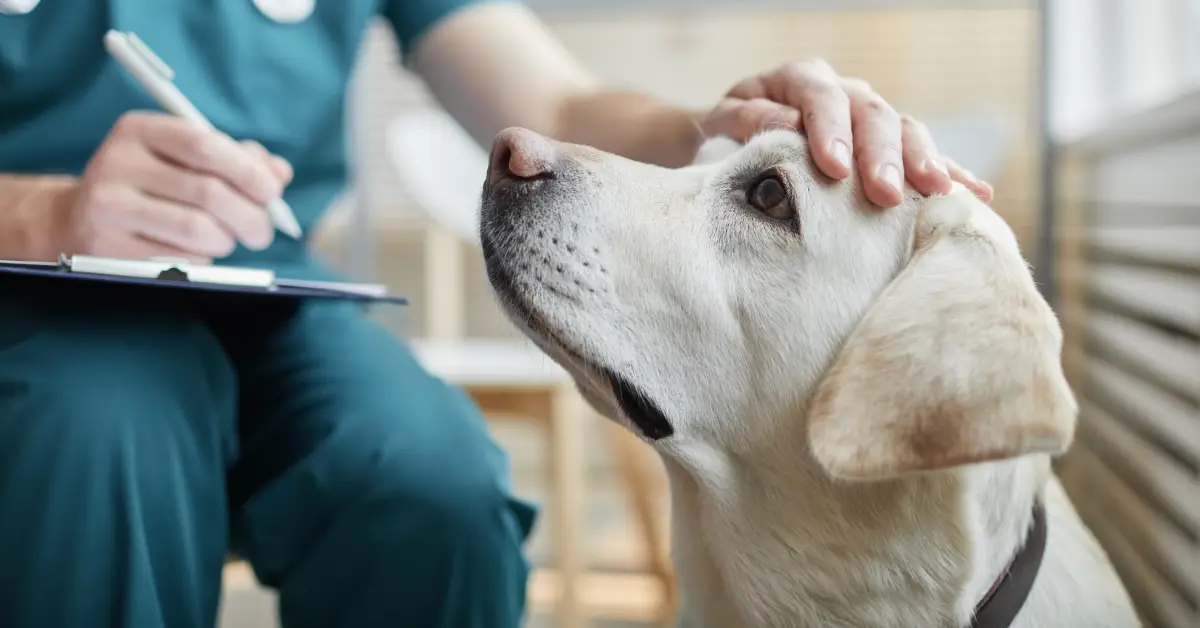
Yes, dogs can donate blood — and it’s a lot like human blood donation! If your dog is healthy, weighs over 35–50 pounds (depending on the donor location), and has a calm temperament, they could be a lifesaving hero to other pups in need. Most dogs can safely donate every couple of months at veterinary hospitals and animal blood banks nationwide.
Whether you’re curious about getting your dog involved in donation or just wondering how it all works, this guide will walk you through everything: the donation process, requirements for donor dogs, what to expect at an appointment, and where to find donation centers near you.
In this article:
- Why would a dog need blood?
- Could your dog be a blood donor?
- What happens during a dog blood donation?
- Blood types: yes, dogs have them too!
- What’s in it for your dog?
- Is dog blood donation safe?
- Where to donate blood
- Making a difference
Share this image on your site
Why would a dog need blood?
Every day, dogs receive blood transfusions for various reasons. Some might need blood during emergency surgery or during elective surgery. Others might require it during cancer treatment or while fighting a severe infection. Sometimes, female dogs experiencing complicated pregnancies need transfusions to deliver their puppies safely. The need for canine blood is constant and critical.
Could your dog be a blood donor?
Not every dog can be a blood donor, but the basic requirements are straightforward. Your pup must be between one and eight years old and weigh at least 35–50 pounds. Think of a healthy Labrador or German Shepherd — dogs of this size typically make excellent donors.
But size isn’t everything. Your dog needs to be in tip-top shape, with all their vaccinations up to date and on regular heartworm prevention. They should also have a calm, friendly personality. After all, they’ll need to lie still for about 30 minutes during the donation process.
What happens during a dog blood donation?
Let’s walk through what you and your dog can expect. First, there’s an initial screening appointment where the veterinary team checks your dog’s overall health and determines their blood type. They’ll run some tests to ensure your dog is healthy enough to donate and free from any blood-borne diseases.
The actual donation process is surprisingly simple. Your dog will lie on their side while a veterinary professional collects blood from their jugular vein — it’s quick and virtually painless. Most dogs stay perfectly relaxed during the procedure, especially with plenty of treats and belly rubs from the staff. They’ll typically donate about 450–500ml of blood, depending on their size.
When it’s time for your dog to donate, keep their routine as normal as possible. Feed them their regular meals until about four hours before the appointment, and make sure they have access to water. Bring their favorite treats and maybe a familiar blanket or toy to help them feel comfortable.
Blood Types: Yes, Dogs Have Them Too!
Like humans, dogs have different blood types, known as Dog Erythrocyte Antigens (DEA). The most important one is DEA 1.1, and dogs who are DEA 1.1 negative are considered universal donors — about 40% of dogs fall into this category. When you first have your dog tested, you’ll find out their blood type and whether they’re one of these special universal donors.
What’s in it for your dog?
Being a blood donor comes with some pretty nice perks. Your dog might receive regular health check-ups and blood work, which can help catch any potential health issues early. Many donation programs offer additional benefits like free annual vaccinations, heartworm prevention, or even food vouchers.
But perhaps the biggest reward is the impact your dog can make. A single donation can help save up to four other dogs, as the blood can be separated into different components (red blood cells, plasma, and platelets) for various medical needs.
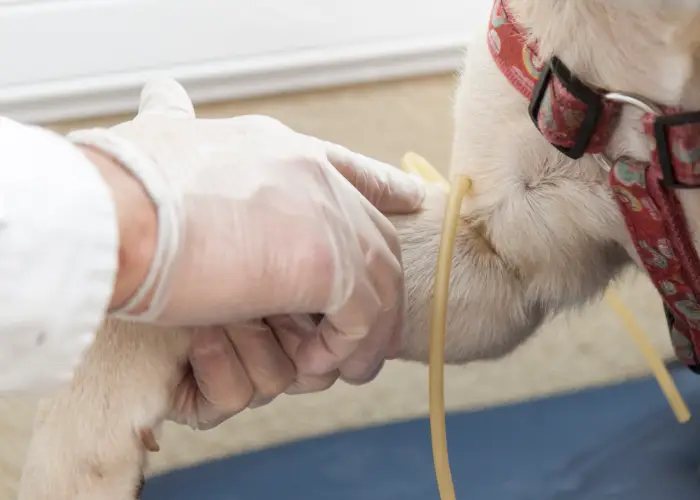
Is dog blood donation safe?
The short answer is yes; blood donation is very safe for healthy dogs. Your pup might feel a tiny pinch when the needle goes in, and they might be a bit tired for the rest of the day — kind of like how we feel after giving blood. In rare cases, they might develop a small bruise at the collection site, but this typically resolves quickly.
Where to Donate Blood
If you’re interested in having your dog become a blood donor, start by reaching out to veterinary teaching hospitals, emergency animal hospitals, or commercial animal blood banks in your area. They can tell you about their specific requirements and program details.
Here are some places that accept dog blood donors:
California
- University of California Davis Veterinary Blood Bank (Davis)
- VCA West Los Angeles Animal Hospital (Los Angeles)
- Veterinary Specialty Hospital (San Diego)
- Advanced Veterinary Care Center (South Bay)
Pacific Northwest
- DoveLewis Emergency Animal Hospital (Portland, OR)
Texas
- Gulf Coast Veterinary Specialists (Houston)
- Texas A&M Small Animal Hospital (College Station)
- Central Texas Veterinary Specialty & Emergency Hospital (Austin)
- BluePearl Pet Hospital (Dallas)
Northeast
- Veterinary Medical Center (Central NY)
- Tufts University Veterinary Center (North Grafton, MA)
- Penn Animal Blood Bank (Philadelphia, PA)
Midwest
- University of Minnesota Veterinary Medical Center (St. Paul, MN)
Southeast
- University of Florida Small Animal Hospital (Gainesville, FL)
Many of these facilities work with partner clinics and hospitals throughout their regions. Even if you don’t live directly in these cities, your local veterinary hospital might be affiliated with one of these larger blood banks. Additionally, many emergency veterinary hospitals in major cities maintain their own donor lists for urgent cases.
It’s also worth noting that some of these facilities offer mobile blood collection services or work with satellite locations to make donations more convenient for pet owners. Always call ahead to verify current program requirements and scheduling procedures, as these can change seasonally or based on current needs.
Making a Difference
One of the most rewarding aspects of having your dog become a blood donor is knowing they’re helping other dogs in critical need. Whether it’s an emergency surgery, a complex medical treatment, or a chronic condition, your dog’s donation can give another family more precious time with their beloved pet.
Remember, while not every dog can be a donor, those who can make an incredible difference in their community. If you think your dog might be a good candidate, talk to your veterinarian about local donation programs. Your gentle giant might just have what it takes to be a hero to other dogs in need.
About the Author: The writing team at Service Dog Certifications is made up of folks who really know their stuff when it comes to disability laws and assistance animals. Many of our writers and editors have service dogs themselves and share insights from their own experiences. All of us have a passion for disability rights and animals.
Related Articles

Benefits of a Raw Food Diet for Dogs
Diet is a very important part of keeping your dog healthy. There have been many articles about dog food made in China that had harmful ingredients. A raw food diet is the most natural and healthiest way to feed your favorite canine. Here are a few arguments about feeding your dog a raw food diet. […]

Read More
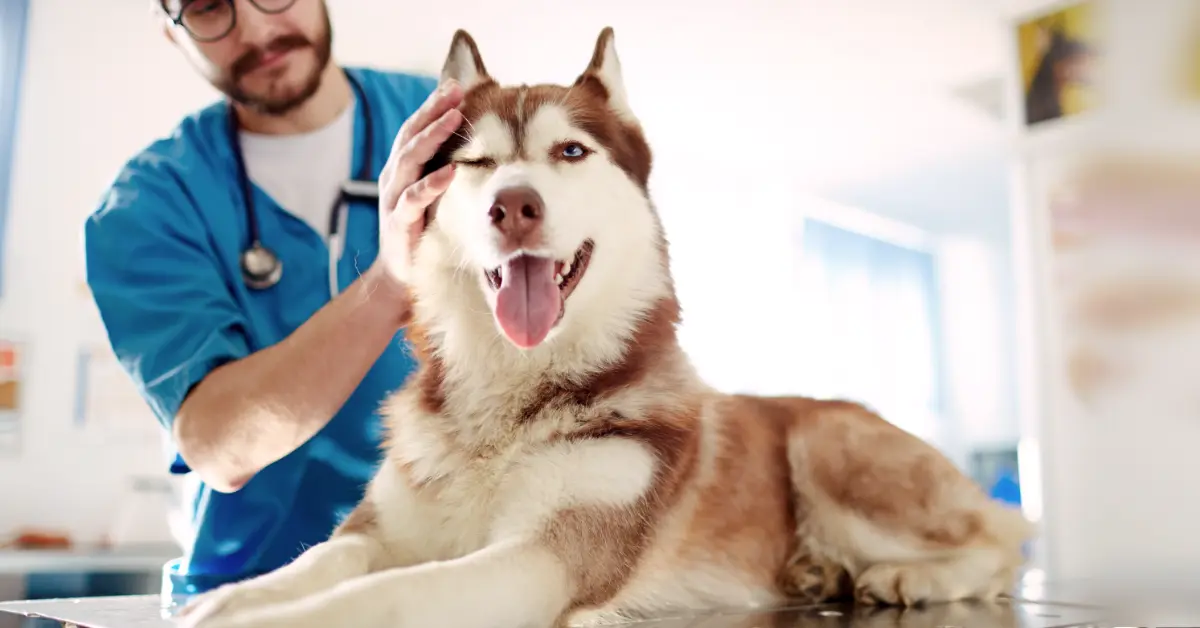
Can You Deduct Service Dog Veterinary Bills on Your Taxes?
Yes, service dog vet bills are tax-deductible medical expenses. Food, grooming, training costs, and equipment all qualify, too. The only catch is that your dog needs to be an actual working service dog. Expenses for regular pets and emotional support animals don’t count, no matter how much comfort your animal provides. The government wants proof […]

Read More
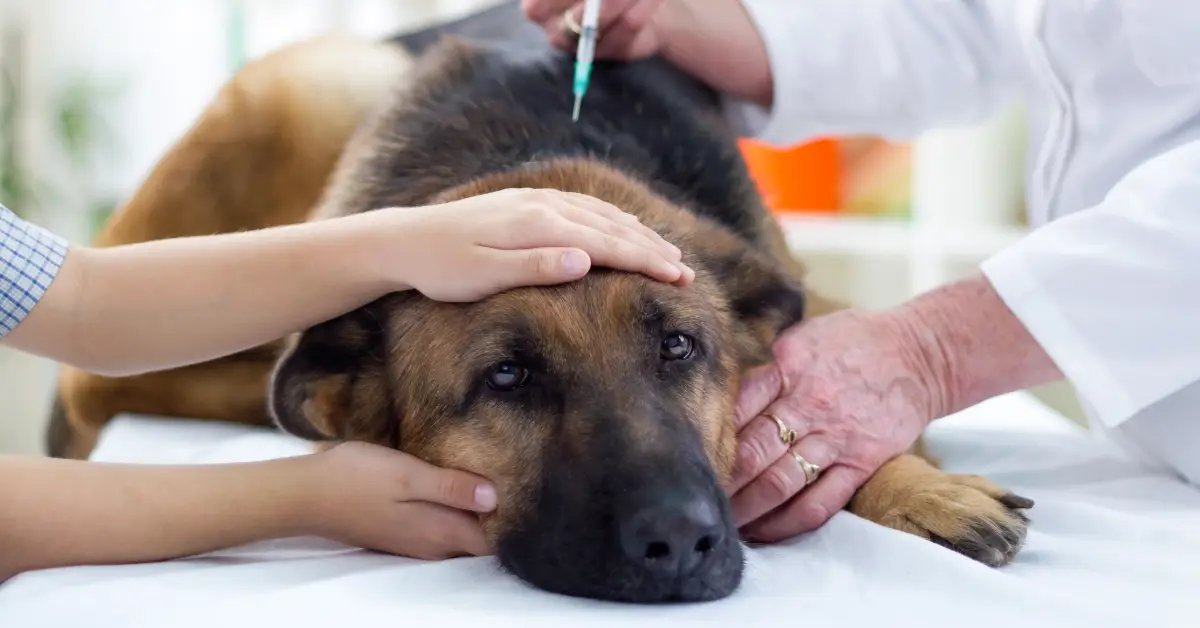
Should I Vaccinate My Service Dog?
Yes, you should vaccinate your service dog, as they are required by many state and local laws to be vaccinated, just like a pet dog. Additionally, vaccinations like rabies are required for air travel. Just because your dog is a service dog does not exempt them from vaccinations, unlike it does for pet fees and […]

Read More
